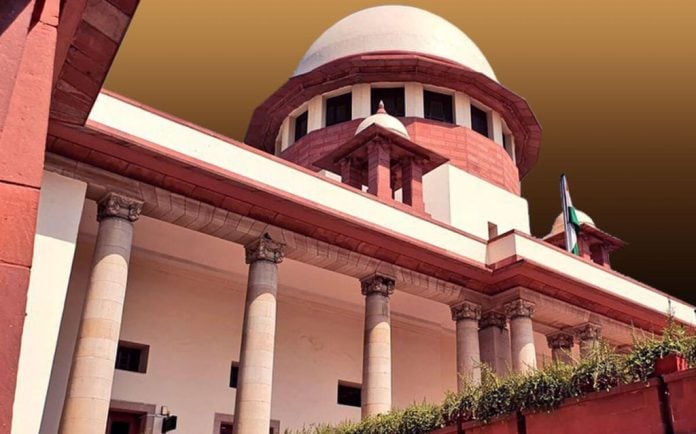The Dalit Christians and Dalit Muslims cannot claim benefits under the Constitution (Scheduled Castes) Order of 1950, as there was no authentic data to suggest that they suffered similar oppressive environment as Dalit Hindus, the Union of India told the Supreme Court.
Submitting an affidavit before the Apex Court in response to a petition, the Ministry of Social Justice and Empowerment claimed that the 1950 Order, which provided Scheduled Caste status to only communities belonging to Hindu, Buddhist or Sikh religion, was not unconstitutional, as the system of untouchability which lead to economic and social backwardness of some Hindu castes, was not prevalent in the Christian or Islamic society.
It further said that there was no documented research or precise authentic information available to establish that the disabilities and handicaps suffered by the SC members in the social order of its origin Hinduism with their oppressive severity, were present in the environment of Christianity or Islam.
As per the affidavit, Christians and Muslims were entitled not only to 27 percent Other Backward Class (OBC) reservation, but were also entitled to benefits under development schemes for OBCs like post-matric scholarship, hostels and other income generating activities undertaken by the National Backward Classes Finance and Development Corporation.
It said the Scheduled Caste members converting to Christianity and Islam were also entitled to benefits of schemes and programmes being implemented by the government for the minorities.
As per the affidavit, the Central government had appointed a three-member commission headed by former Chief Justice of India K.G. Balakrishnan, to consider the inclusion of Dalit Muslims and Dalit Christians as Scheduled Castes (SCs). It added that the petitioners should await the report of the Commission, since it would study whether the Dalit Muslims or Dalit Christians suffered the same degree of severity of oppressiveness or not.
The Bench of Justice S.K. Kaul, Justice Abhay S. Oka and Justice Vikram Nath had sought the response of the Central government on a petition seeking extension of reservation and other benefits to people from Dalit communities, who had converted to Islam and Christianity.
The plea mentioned the Justice Ranganath Mishra Commission report, which said that Dalits in other religions also suffered the same disabilities as Dalit Hindus. It added that the Scheduled Castes and Scheduled Tribes Commission had also expressed a similar opinion.
(Case title: CPIL vs Union of India)


